Lease administration can be an intimidating process, especially for those unfamiliar with the commercial real estate market. But with a proper understanding of the components of lease administration and the various steps involved in the process, you can successfully manage your leases and reduce the cost of your commercial space. While Florida ROI serves the Hillsborough and Pinellas commercial real estate MSA, the principals of lease administration can be applied throughout all markets.
Introduction to Lease Administration
If you’re a commercial property owner, lease administration is an important part of the real estate process. Lease administration involves managing the various aspects of a lease agreement, such as rent payments, tenant compliance, and contract renewals. It also involves keeping a record of all the paperwork and documents related to the lease agreement. Lease administration is a complex process, but it’s one that’s essential for any commercial property owner who wants to maximize their return on investment.
What is Lease Administration?
Lease administration is the process of managing all aspects of a commercial lease agreement. It involves the preparation and tracking of important documents related to the lease agreement, monitoring critical dates, such as rent increases, tenant compliance, and contract renewals. It also involves making sure that all parties involved in the lease agreement are complying with the terms of the agreement. Lease administration is a complex process, but it’s essential for any commercial property owner who wants to maximize their return on investment.
The components of lease administration can be divided into three main categories: preparation, tracking, and enforcement.
- The preparation component involves the creation of documents and contracts related to the lease agreement. This includes everything from the initial lease agreement to any amendments or addendums that may need to be made.
- The tracking component involves the regular monitoring of lease documents and contracts to ensure that all parties are complying with the terms of the agreement. This includes reviewing rent payments, tenant compliance, and contract renewals.
- The enforcement component involves making sure that any violations of the lease agreement are addressed and that the terms of the agreement are being followed.
If you own a commercial property in Tampa, proper lease management is crucial to ensure the success of your investment. By entrusting your lease management to a reputable commercial property management company, you can be assured that all aspects of your lease agreements are properly handled, including rent collection, tenant compliance, and contract renewals. With their expertise, you can avoid legal issues and disputes with tenants and make informed decisions about your property.
Types of Lease Management
There are two main types of lease management: manual and automated.
- Manual lease management involves manually tracking and managing all aspects of the lease agreement. This includes creating and tracking all related documents, such as rent payments, tenant compliance, and contract renewals.
- Automated lease management, on the other hand, involves using software to track and manage all aspects of the lease agreement. This type of lease management is more efficient and cost-effective, as it allows for the tracking and management of multiple leases at once.
Best Practices in Lease Management
When it comes to lease management, there are several best practices that can help you maximize your return on investment. The first best practice is to create a comprehensive lease agreement that includes all of the necessary details. This should include rent payment amounts and timelines, tenant compliance requirements, and any other relevant information. Another best practice is to keep track of all the documents and contracts related to the lease agreement. This includes rent payments, tenant compliance, and contract renewals. It’s important to regularly review the lease agreement and make sure that all parties involved in the lease are following the terms of the agreement.
When it comes to lease administration, there are several key steps that need to be taken. The first step is to create a lease abstract from a comprehensive lease agreement. When managing many leases, it is challenging to keep on top of the details and critical dates, when the average lease can be 60 pages or more. The lease abstract should include all of the necessary details related to the lease, such as rent payment amounts and timelines, tenant compliance requirements, and any other relevant information in a one or 2 page document. Once the lease abstract has been created, it’s important to track all of the documents and contracts related to the lease. This includes rent payments, tenant compliance, and contract renewals in a tickler system.
It’s important to ensure that all parties involved in the lease agreement are following the terms of the agreement. This can be done by regularly reviewing the lease agreement and addressing any violations of the agreement.
Challenges in Lease Management
Lease management can be a challenging process. We strive to simplify the process and aid property owners with the date they need, when they need it.
Our clients across Florida have benefited from an ala carte selection of lease admin services such as:
- Outsourcing their entire back office operations to Florida ROI, so they can focus on the development side of their business
- Issuing monthly invoices, collecting rent, monitoring renewals and providing end-of-year CAM statements
- Producing a CAM reconciliation report for tenants
- Providing assistance on ways to reduce real estate operational costs
- Critical date management (option renewals, designated rental increases, lease expiration, rent commencement, etc)
Having Florida ROI provide lease administration service is not just about saving money. It’s also about ensuring that you are making the best use of your time and resources so that they can be focused on your core business and not distracted by issues with your real estate portfolio.
Conclusion
Managing leases is an important part of the real estate process. By understanding the components of lease administration, the various types of lease management, and the key steps in lease administration, you can successfully monitor your leases and maximize your return on investment.



